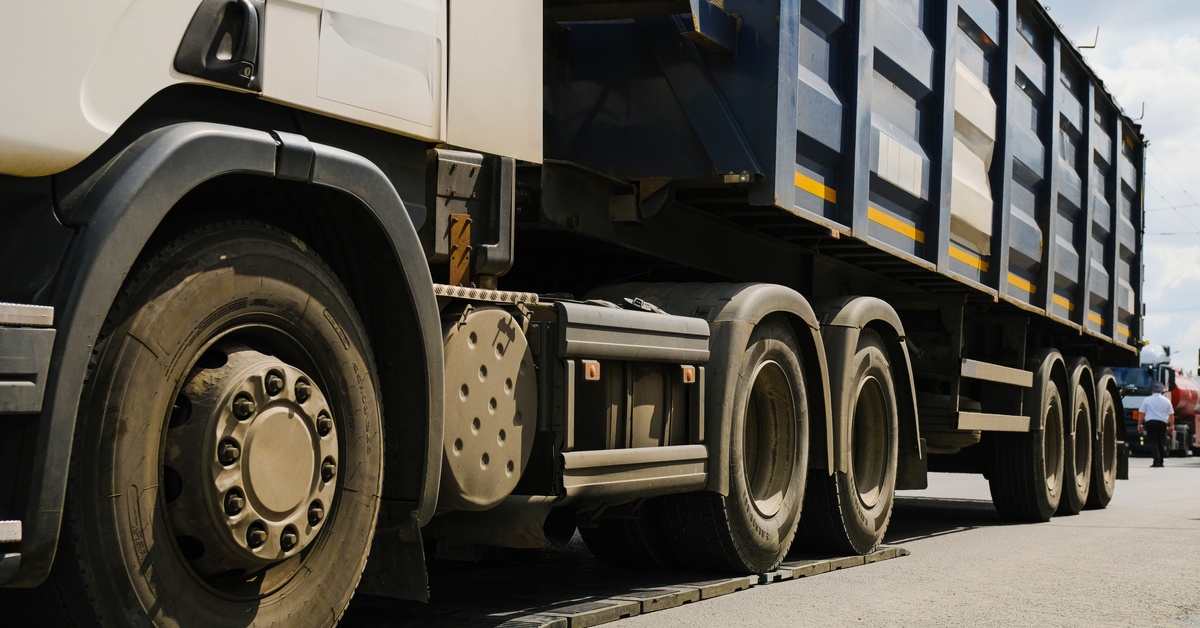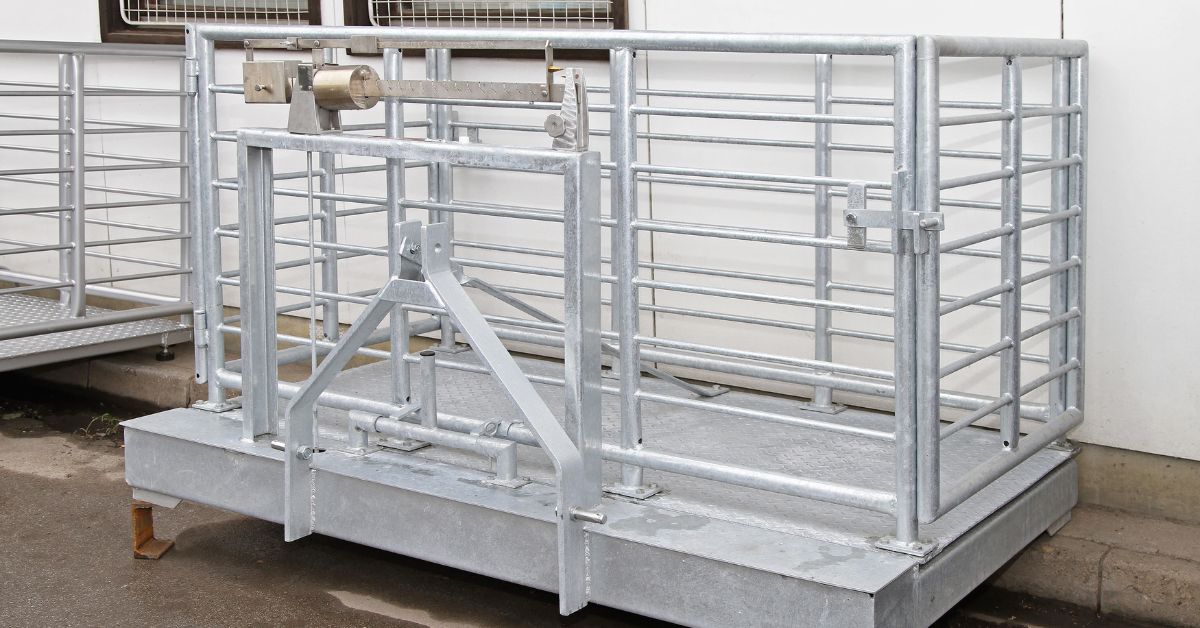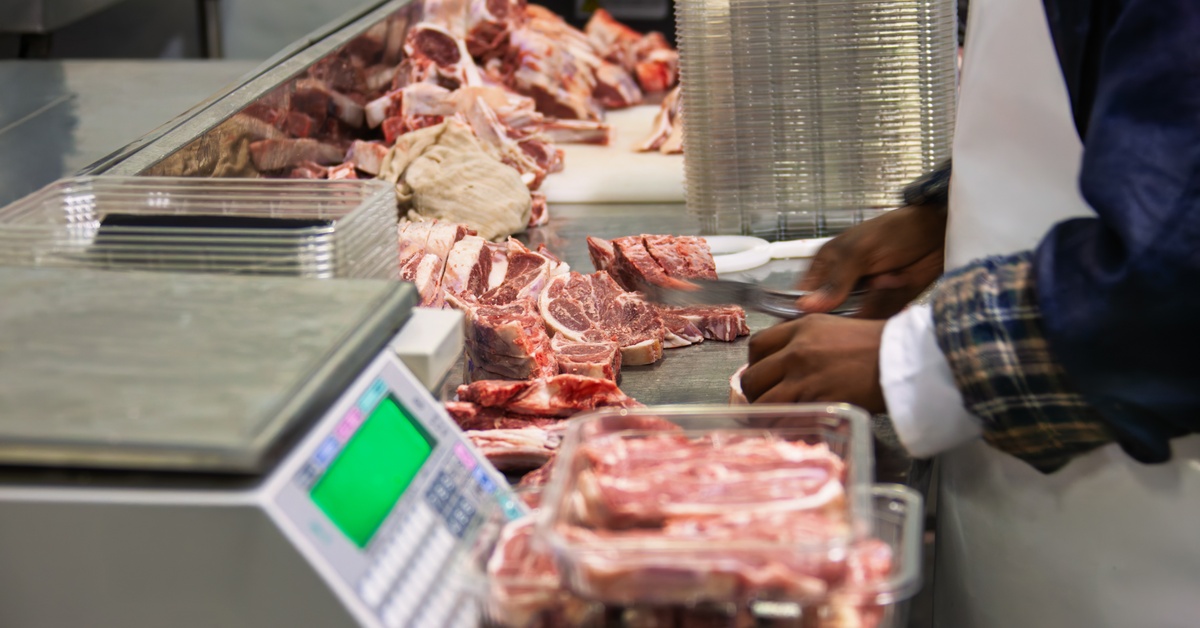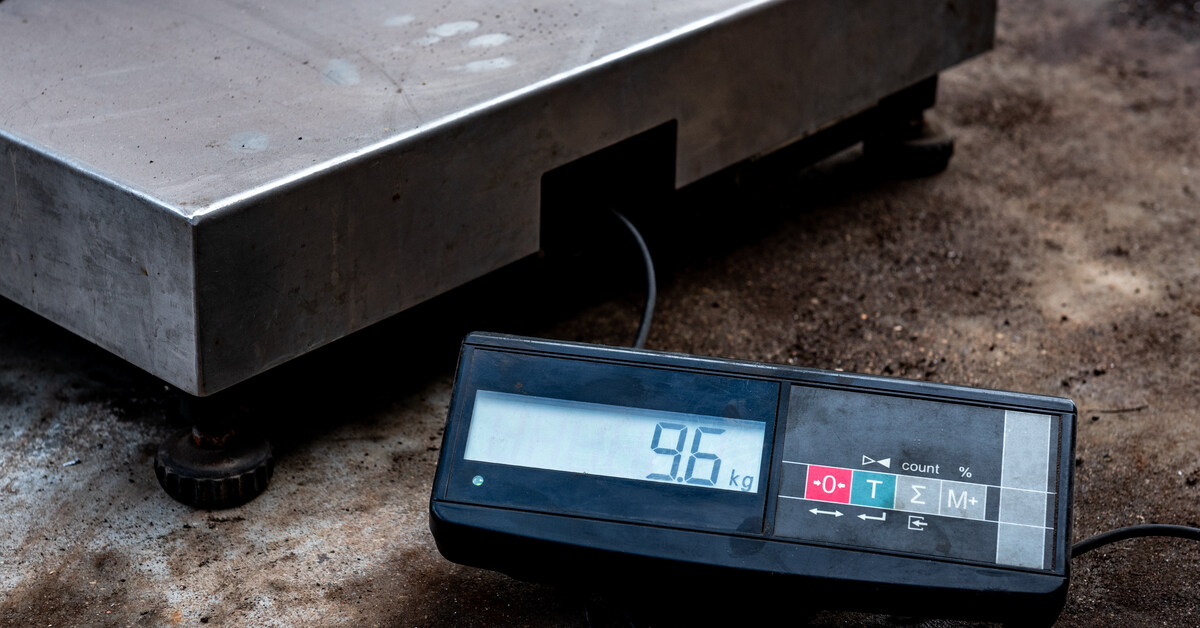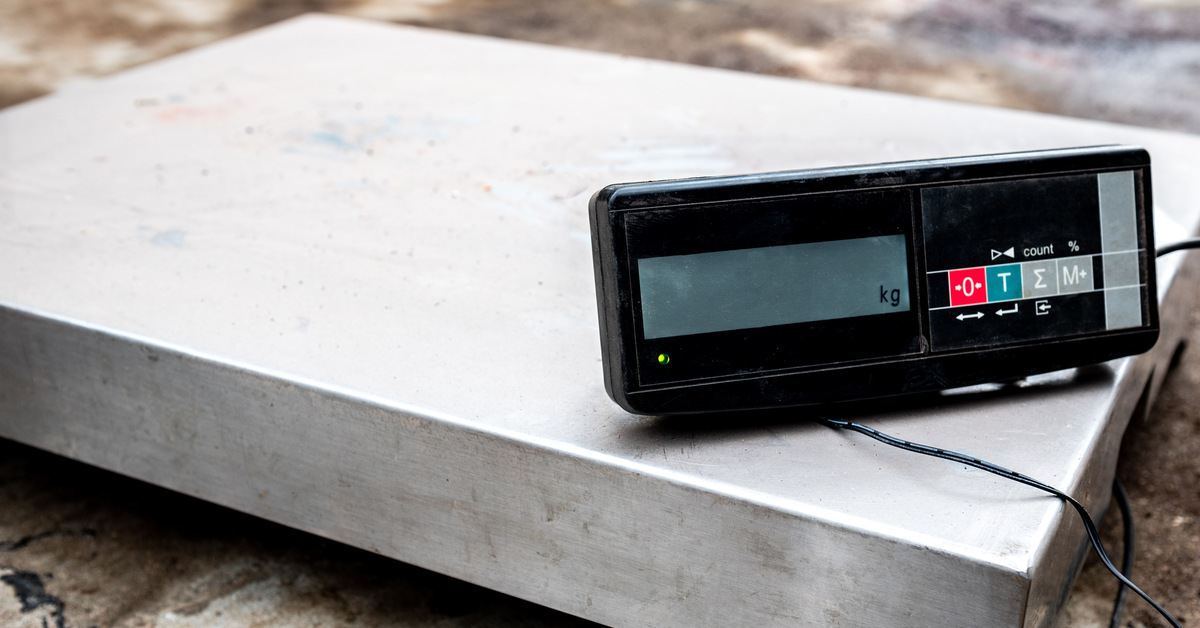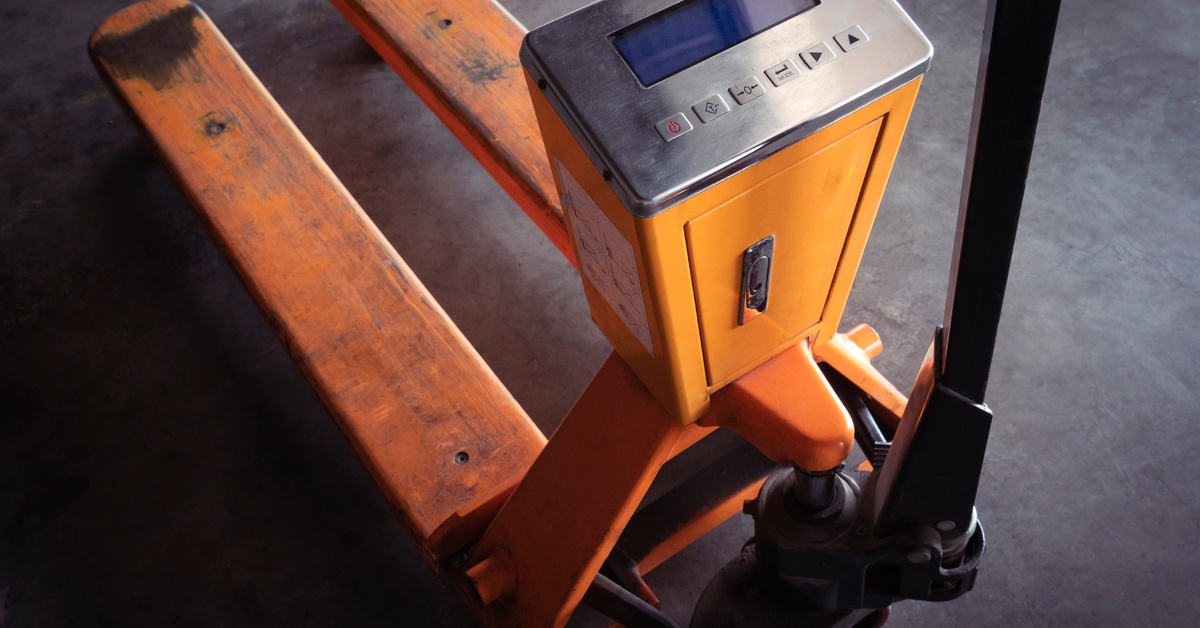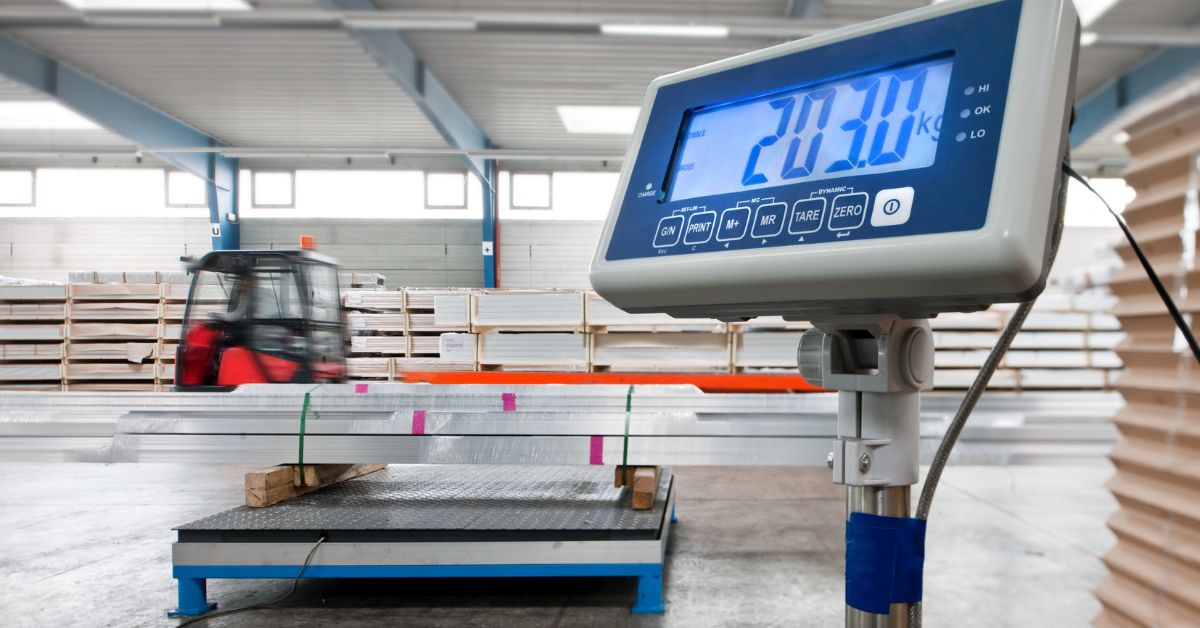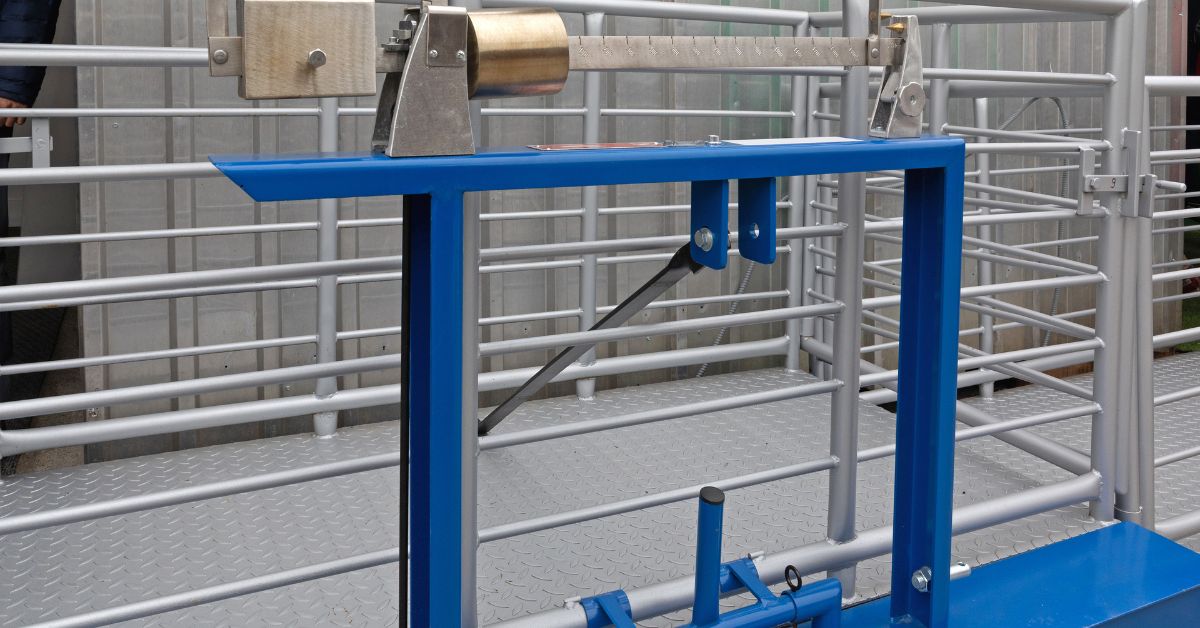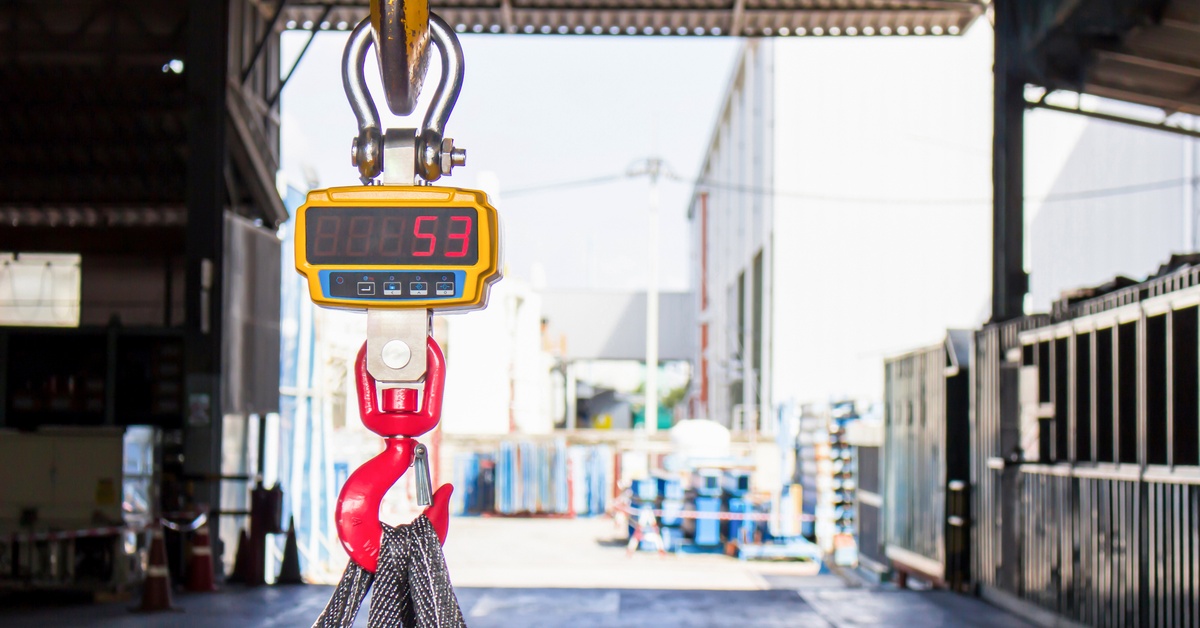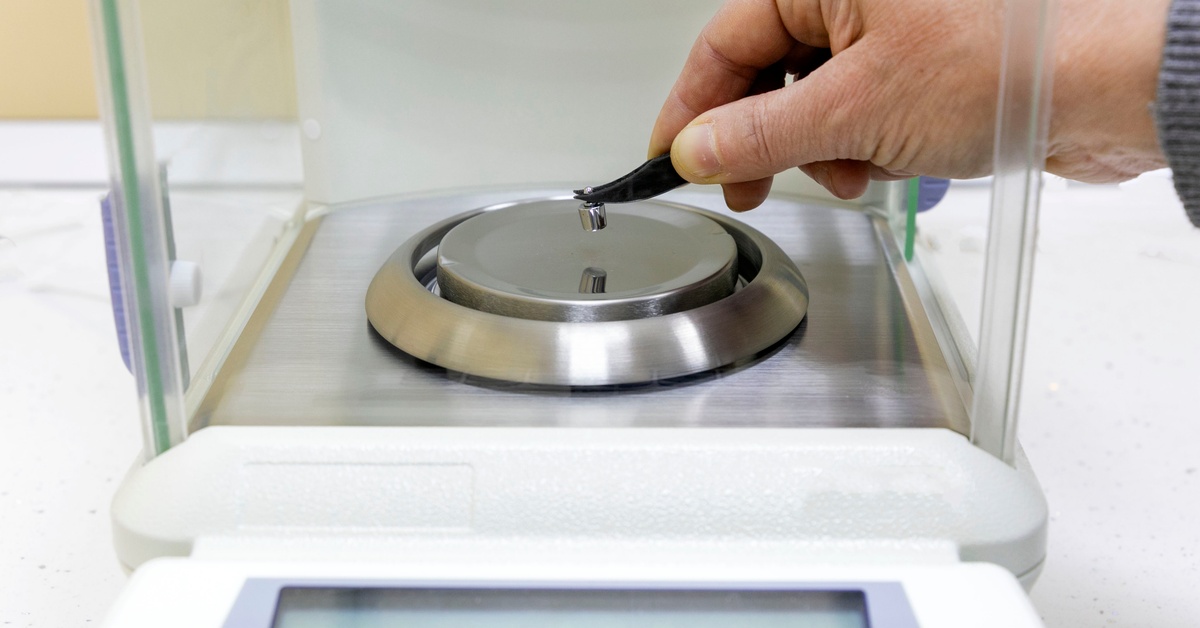Efficiency drives successful logistics operations. When trucks are constantly on the move, every second saved at the dock or checkpoint leads to faster distribution times. Truck scales are a powerful tool in this process. By providing instant and precise weight data, they help companies avoid…
The Benefits of Portable and Stationary Livestock Scales
When it comes to raising healthy, profitable livestock, precision matters. Every pound an animal gains or loses tells a story about health, nutrition, and market readiness. That’s why weighing your animals is a critical part of smart herd management. But how you weigh them can…
4 Ways To Determine What Bench Scales Your Business Needs
Finding the right bench scale is essential for any business that relies on precise measurements, from laboratories to food processing plants. With so many options, how do you find one that suits your operations? Check out these four ways to determine what bench scale your…
4 Tips for Weighing Bulky Items on a Platform Scale
Weighing bulky items on a platform scale can be tricky due to their uneven weight distribution. Fortunately, the right approach makes measuring large or oddly shaped objects much easier. Here are some tips for weighing bulky items on a platform scale that you can apply…
How Many Floor Scales Does Your Warehouse Need?
If you manage a warehouse, floor scales are necessary for optimal efficiency. Keeping the right number of them on hand can dramatically improve your workflow, enhance accuracy, and reduce unnecessary delays. However, without enough scales, you may struggle to meet operational demands. Below, we’ll break…
7 Signs It’s Time To Upgrade Your Pallet Jack Scale
When was the last time you closely inspected your pallet jack scale? These scales, also called pallet truck scales, typically undergo heavy use, so even the best ones will deteriorate over time and cause inefficiencies in your operations. Here are seven signs it’s time to…
A Look at the NTEP Process for Weigh Scales
Accurate and consistent weight readings are critical when weighing heavy loads. Accurate measurements affect the bottom line and safety of business in many industries, such as shipping, logistics, manufacturing, and agriculture. The National Type Evaluation Program (NTEP) evaluates and certifies weighing equipment for commercial use….
A Look at the Challenges of Weighing Very Large Animals
Weighing animals is critical if you work in veterinary care, agriculture, or wildlife research. However, when weighing large animals like horses or cattle, getting a measurement isn’t as simple as placing the animal onto a bathroom scale. The task requires specialized equipment and a deep…
What Are Chain Hoist Scales and How Do They Work?
Precision and efficiency are key when lifting, weighing, and transporting heavy loads. That’s why you need chain hoist scales. But what are chain hoist scales, and how do they work? Let’s dive into the fundamentals of these essential industrial tools. What Are Chain Hoist Scales?…
Which Bench Scales Differ From Other Platform Scales?
Have you noticed the variety of scales available on the market? Understanding which bench scales differ from other platform scales can help you make the best decision for your needs. This guide will offer clarity on how bench scales stand out and why they’re a…
